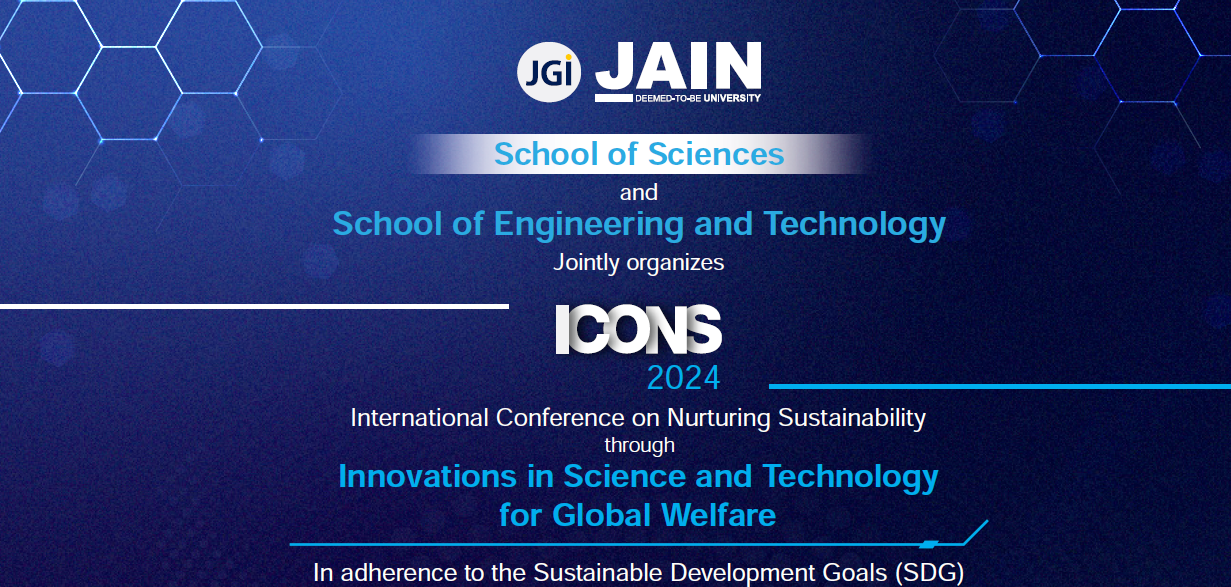Speaker
Description
In the world that demands the use of ecological application for making more eco-friendly products in recent days is mycelium based composites. Different species of fungi display different characteristics with tremendous potential to invade, immobilize and binds the substrate and thereby increasing the strength of the materials formed. One of the newest and most promising is the fabrication of sustainable material with fungal mycelium immobilize or form a network or web like structure on agricultural wastes, generally called as mycelium brick.
Our research work aimed at investigating the possibility of using wood degrading and litter inhabiting basidiomycetous fungi. Primarily, three fungal strains were selected and tested for their faster growth and network formation on the substrate and combination of substrates. Two strains were identified based on their fast growth, rigidity and their growth pattern on the selected ligno-cellulosic substrates. Various physical and environmental parameters were tested on the growth of mycelium on the substrates. The resultant bio-composite materials were tried to create various size and shape moulds that are appropriate for producing packaging materials.
Assessment of biological and physiological properties of myco-material such as compressive strength, density, compostability, flame spread, water vapour permeation and moisture storage as per the ASTM (American Society for Testing and Materials) standard will also be assessed using standard methods which would throw more light on the suitability of these materials for packaging.
Keywords: fungi, mycelium, basidiomycetous, ligno-cellulosic, bio-composite, myco-materials.

